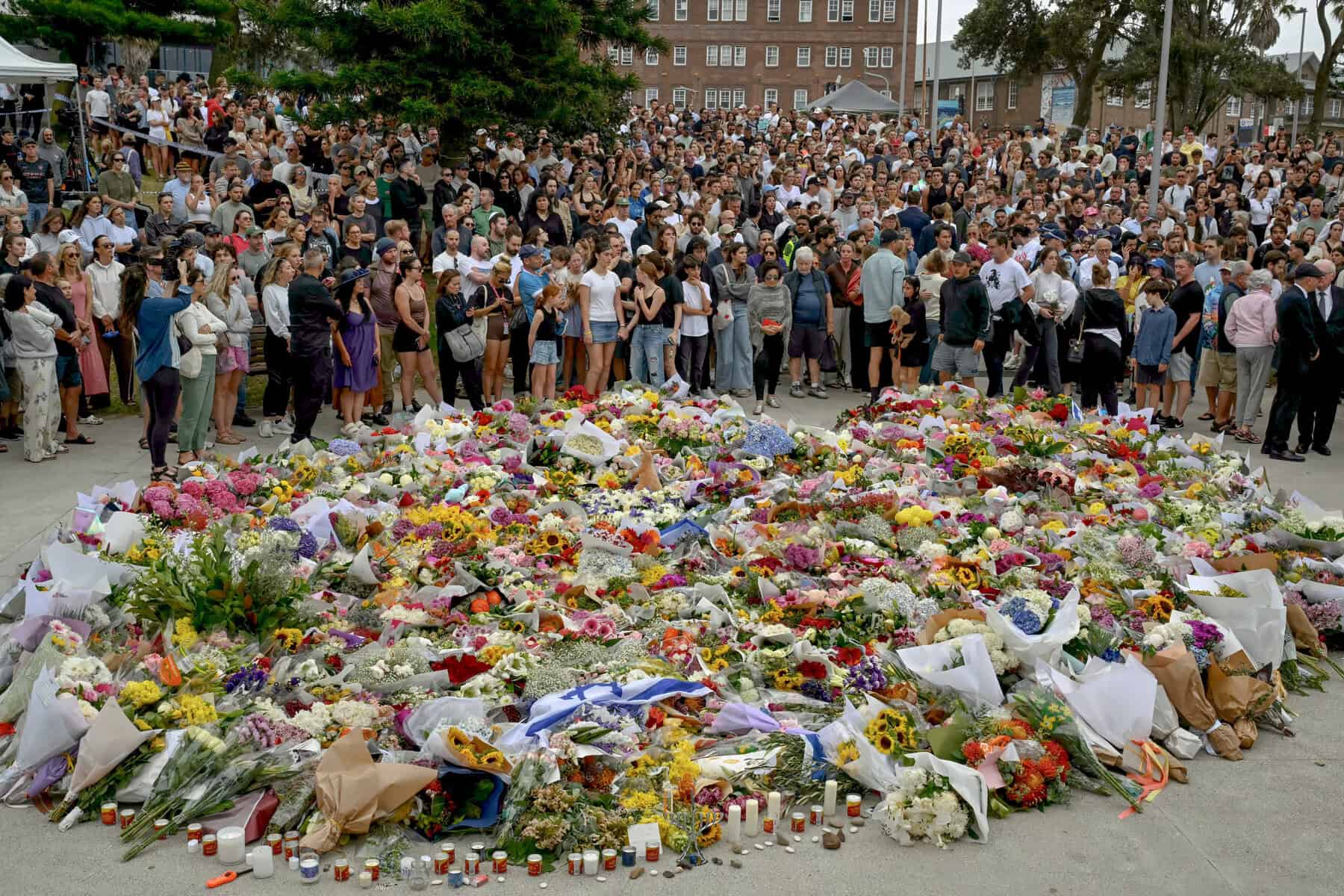The danger of jihadist violence in Benin and in the wider coastal region is growing systematically, with some citizens complaining that it is becoming more authoritarian by the day.

Benin has long been considered a beacon of democracy, stability and security in West Africa. But when a tour guide was recently found riddled with bullets in a national park while tourists he was accompanying were kidnapped, the image of peace and tranquility was shaken.
Days after the attack in May, French special forces rescued the tourists in neighbouring Burkina Faso in an operation that left two French soldiers dead.
The identity of the kidnappers remains unclear. Suspicions quickly turned to Ansarul Islam, a militant Islamist group that is active in northern Burkina Faso and has connections with Katiba Macina in central Mali where, according to French authorities, the hostages were supposed to eventually be taken.
The apparent incursion into northern Benin by the armed group came followed a warning by French officials in February that there was an increased risk of terrorist attack or kidnapping in the country. Likewise, Burkinabe authorities warned in April that certain jihadist groups were taking refuge in neighbouring Benin, Togo and Ghana.
This is not a short-term or one-off threat, nor is it about militant Islamists seeking to launch a shocking assault that will earn them fame as appeared to occur in 2016 in Cote d’Ivoire when al-Qaeda in the Islamic Maghreb (AQIM) launched an alarming attack on the beach resort of Grand Bassam.
Instead, the danger of jihadist violence in Benin and in the wider coastal region is growing systematically.
Between February 2018 and March 2019, 60 unclaimed attacks took place in eastern Burkina Faso, something of a new front for armed groups that had previously focused most of their attention on the northern part of the country.
Many of the attacks were attributed to extremist groups like Ansarul Islam, Islamic State in the Greater Sahara and the Group for the Support of Islam and Muslims.
A concentration of violence in eastern Burkina Faso is bad news for Benin, which sits on its eastern border.
Ouagadougou’s failure to tackle the expansion of these groups means there will increasingly be some spill-over into neighbouring countries like Benin.
The coastal states in West Africa offer opportunities that the northern landlocked nations cannot – namely access to ports that can facilitate trafficking of drugs and weapons. A supply of new recruits is also a temptation.
Such a dynamic will encourage militant Islamist groups to set up rear bases in Benin and other coastal countries rather than simply launch hit-and-run attacks in the interior.
This motivation was highlighted by the discovery of at least two planned attacks by Katiba Macina in Abidjan, Cote d’Ivoire in June, as well as a series of jihadist cells in northeastern Cote d’Ivoire and Togo.
Expansion will be particularly rapid if these countries show few response capabilities.
All is not lost in this sense.
In January, Benin held the fourth meeting of the Accra-to-Cotonou initiative, which aims to identify solutions to common security challenges in Benin, Burkina Faso, Cote d’Ivoire, Ghana and Togo. Benin has been conducting counter-terrorism operations in the north, including one in November and December 2018 named Ma Kon-Hin.
But Benin’s response will need to be very strong if it is to fend off the growing threat. It is almost surrounded by countries suffering high or extremely high rates of terrorism. Its 2,000-km border is poorly policed and porous.
What is more, citizens in northern Benin, where the threat is greatest, suffer from extreme poverty and a lack of basic services like electricity. This does not mean they are automatically going to become jihadists, but it will make them easier targets for groups seeking to recruit new members.
Benin’s domestic political situation may not help matters.
Long a standout democratic state in West Africa, Benin held local elections in April in which only two parties – both supporting the president –were allowed to stand.
Some citizens complain that Benin is becoming more authoritarian by the day, and large-scale demonstrations have left several people dead in recent months.
In the longer-term, disenchantment with the government and its failure to heed the populace’s concerns will, as in Mali and Burkina Faso, facilitate recruitment of Beninese people for armed groups.
Benin has shown itself, at times, to be stubborn and unrealistic about the threat it faces.
Its response to France’s February warning of potential kidnappings and attacks on its territory is illustrative in this sense.
Benin said it was “shocked” by the advisory and argued that the announcement was without basis, a claim that turned out, after the events in Pendjari National Park in May, to be painfully short-sighted.
Clearly, Benin will not suffer the fate of Burkina Faso or Mali overnight. For the most part, it remains a stable, quasi-democratic, safe nation in West Africa.
Still, coastal West Africa must learn from the Sahel and heed the evidence of slow, weak counter-terrorism efforts and their equally dismal results.
Given the series of assaults, planned attacks and discovery of terrorist cells in coastal countries in the last six months, there is an urgent need to take these warning signs seriously and consider both strategic and tactical measures to prevent the expansion – before it is too late.
– African News Agency (ANA)
For more news your way, download The Citizen’s app for iOS and Android.






